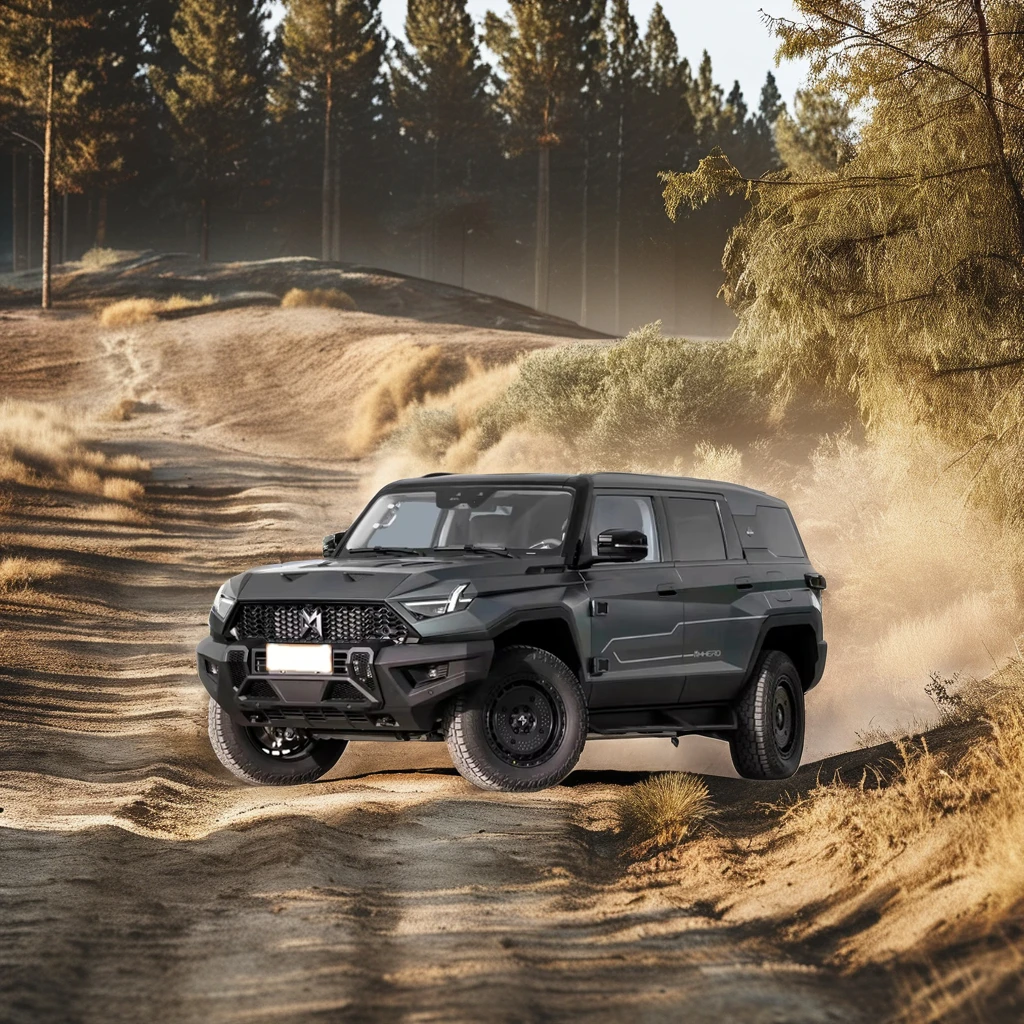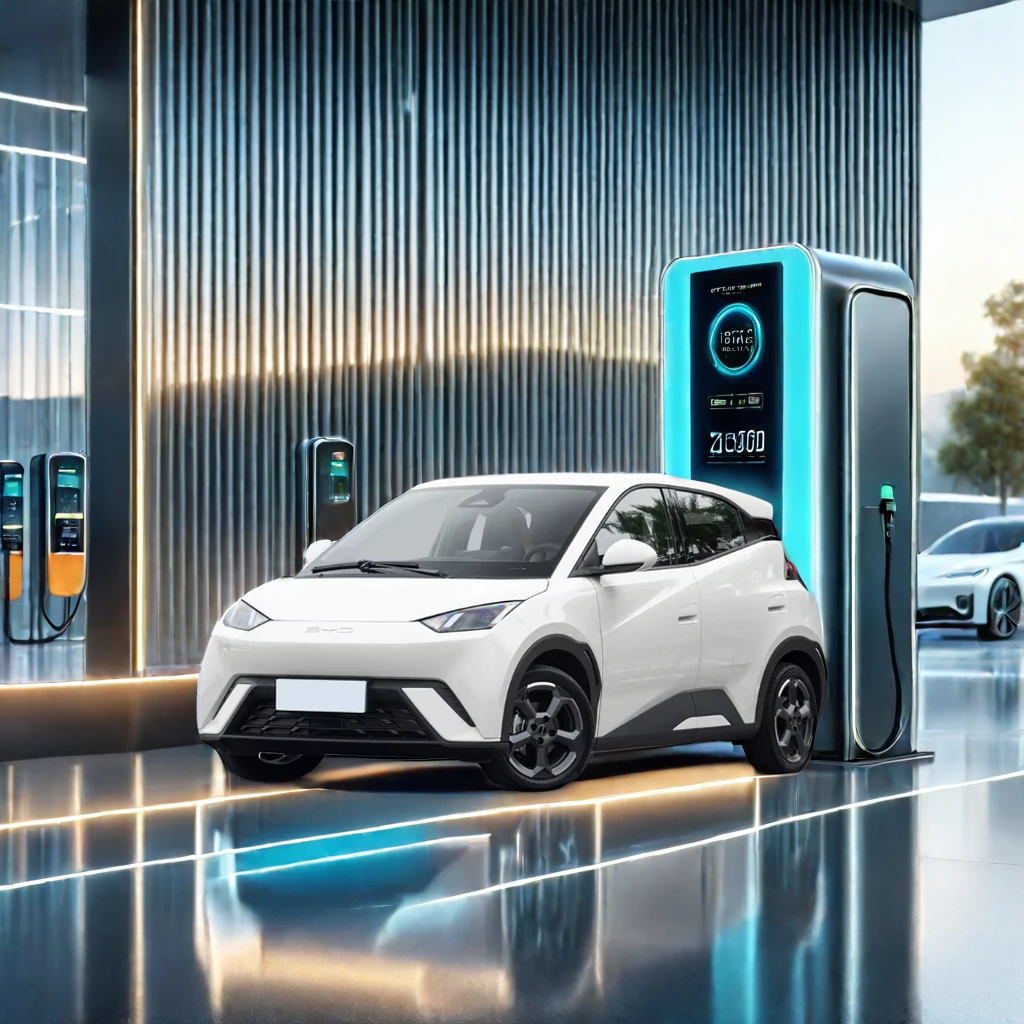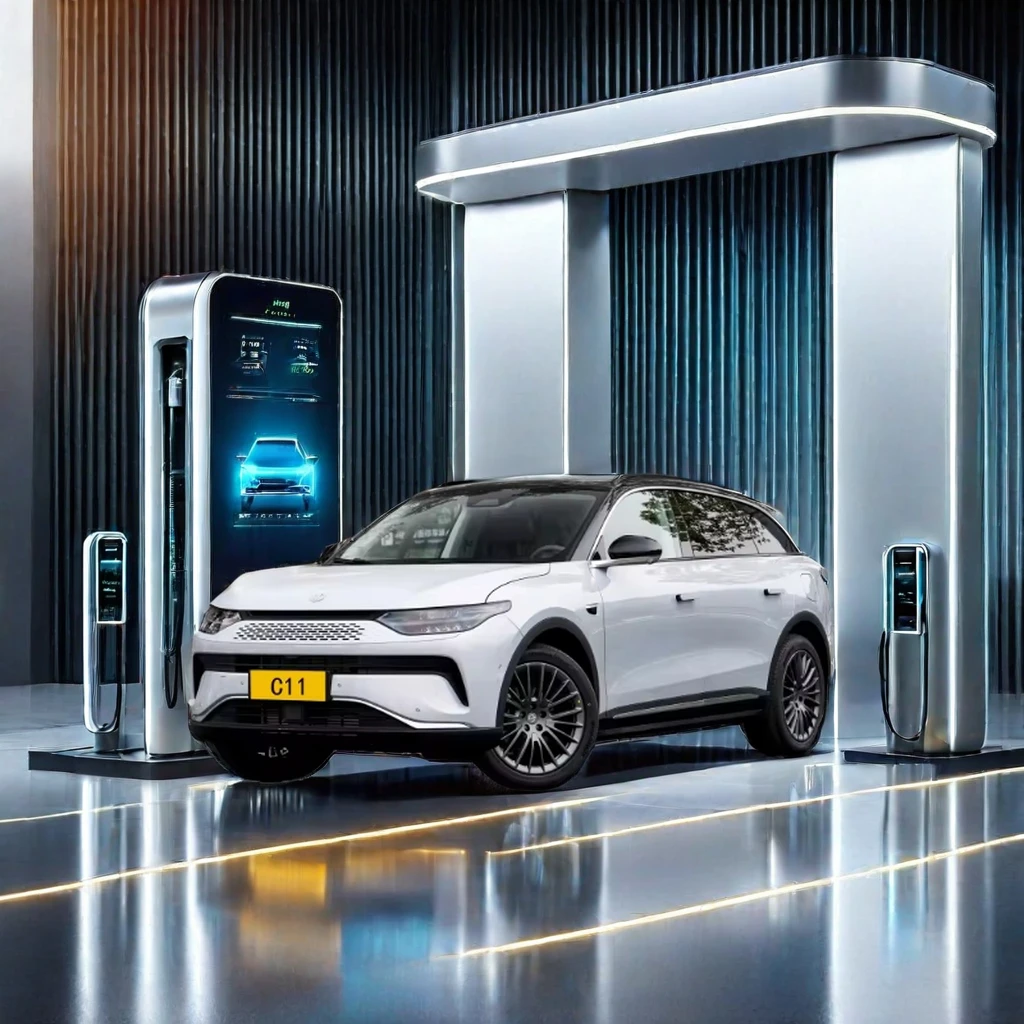Quality assurance (QA) plays a vital role in the used car export industry by ensuring that vehicles meet international safety and performance standards, thereby preventing potential liabilities and enhancing consumer trust. This is especially significant in markets dealing with used Toyota Camry models or other vehicles from renowned Japanese car manufacturers, which are popular for their reliability and efficiency. For instance, adherence to stringent QA processes can significantly boost the resale value of these vehicles, making them more attractive to global consumers.
The implementation of QA not only boosts customer satisfaction but also optimizes operations within the used car export market. This is particularly beneficial for markets with a high demand for used Japanese cars for sale. Compliance with QA standards can lead to a streamlined process that fosters increased sales and supports business growth. As consumer trust is cultivated through consistent quality, businesses can expect better market penetration and a robust presence in international car export markets.
Quality assurance in the export of used cars hinges significantly on inspection and certification processes. These procedures involve comprehensive evaluations of vehicles to ensure they meet quality, safety, and compliance standards required by international export regulations. By conducting meticulous inspections, exporters can address potential problems early, preventing issues that could arise during export transactions.
Document verification is also a critical component of quality assurance, ensuring accuracy and compliance with legal requirements. Proper documentation negates common issues during the export and import process, such as shipment delays or legal complications. This is particularly vital when dealing with high-demand markets like those seeking used Japanese cars for sale, where paperwork discrepancies can result in significant setbacks.
Furthermore, environmental compliance is becoming increasingly essential. As consumers grow more environmentally conscious, exporters, especially those involved with Chinese electric vehicles, must adhere to stringent environmental regulations. Ensuring that vehicles meet these standards not only satisfies regulatory guidelines but also appeals to a growing segment of eco-conscious buyers, enhancing market competitiveness in the used car industry.
Implementing quality assurance in used car exports is fraught with regulatory challenges, as exporters must meticulously navigate complex international trade laws. These laws involve varying quality standards across different countries, which can complicate the export process. For example, a vehicle that meets the regulatory requirements in Japan may not conform to standards in a market like Russia or other Eastern European countries. The lack of uniform international standards often results in cumbersome and lengthy verification processes, hampering efficiency.
The consistency of supplier quality is crucial to maintain standardization across exports. Given that different manufacturing plants may have varied adherence to Quality Assurance (QA) protocols, maintaining uniform quality in exported vehicles can be challenging. Variations in manufacturing practices, especially among different suppliers, can lead to disparities in product quality. This inconsistency poses a significant hurdle for exporters aiming to satisfy diverse market expectations and uphold their brand’s reputation in international markets.
Cultural and market differences further add to the complexities of ensuring quality, as perceptions of what constitutes ‘quality’ may vary significantly between countries. For example, consumers in Russia might prioritize robustness in vehicles due to harsh weather conditions, while buyers in countries focusing on environmental compliance might lean towards electric models. Understanding these local nuances is essential for exporters, especially those dealing in used Japanese cars for sale, to tailor their products and marketing strategies effectively to satisfy diverse regional demands.
In the quality assurance (QA) supply chain for used cars, exporters and importers play pivotal roles. Exporters must ensure the mechanical integrity, legality, and documentation of vehicles before they leave the port. This involves confirming that the cars meet international safety and quality standards. On the other end, importers are tasked with guaranteeing that these vehicles comply with local regulations upon their entry into a new market. For example, in countries like Russia, customs clearance and compliance with local quality standards are crucial steps for successful importation of used Toyota Camry and other vehicles.
Collaboration with automotive manufacturers significantly enhances the QA processes. Automotive companies, particularly Japanese manufacturers, provide cutting-edge technology and information that improve vehicle assessments, ensuring that exported used cars maintain high quality. This technical support aids in the systematic inspection and verification processes, ensuring that each vehicle meets desired standards before it is shipped across borders.
Government regulations and standards play an indispensable role in quality assurance. The adherence to these standards not only safeguards the consumers but also fosters confidence in the used car market, particularly for vehicles from recognizable Japanese brands. Compliance with these regulations ensures that vehicles are suitable for resale in diverse markets, effectively addressing the needs and expectations of varying consumer bases. This is particularly pertinent for importers aiming to sell used Japanese cars for sale internationally.
Technological advancements have revolutionized quality assurance (QA) in the automotive industry, particularly through digital tools. These tools enhance efficiency by streamlining inspections with mobile applications and software solutions that automate documentation and reporting. For example, automotive manufacturers can now utilize comprehensive platforms to track the quality of components in real-time, reducing manual errors and speeding up the validation process. This digital transformation not only saves time but also ensures that all quality standards are met consistently.
In addition to digital tools, AI and machine learning have emerged as significant players in vehicle assessments. These technologies analyze vast amounts of data to predict potential quality issues, thereby enhancing overall QA. By identifying trends and patterns in data, AI systems can anticipate defects before they occur, allowing proactive measures to be taken. This predictive approach aids manufacturers in maintaining the integrity of their vehicles, particularly when exporting used models like the "used Toyota Camry" and other Japanese vehicles known for their reliability.
Blockchain technology is also gaining traction as a means to introduce transparency into transactions. By creating a secure and immutable record of each step in the supply chain, blockchain allows all parties, from exporters to importers, to verify the authenticity and compliance of vehicles during the export process. This transparency is crucial, especially in markets dealing with used vehicles, such as those looking to buy used cars in Russia or explore options for Chinese electric vehicles. These technological innovations collectively ensure the authenticity and quality of vehicles, thereby fostering consumer trust in the ever-evolving automotive industry.
The Mengshi 917 Turbo Engine SUV is designed to combine robust performance with reliability, supported by stringent quality assurance (QA) processes. This model offers features such as a powerful turbo engine, advanced electronic stability controls, and a high maximum torque. These attributes are consistently maintained through rigorous inspections, making it a dependable option for discerning buyers.

The 2024 Seagull 305KM New EV Car stands at the forefront of young, environmentally-conscious automotive choices. This vehicle shows a commitment to meeting new-quality standards in electric vehicles, ensuring safety and environmental compliance. Such high standards of QA are crucial for maintaining the performance and efficiency expected in the rapidly evolving world of Chinese electric vehicles.

Finally, the 2024 Leapmotor C11 Mid-Size SUV is crafted to offer innovative specifications, backed by an uncompromising QA policy that signifies quality and reliability. This model is a testament to cutting-edge engineering, providing a hybrid experience with a high top speed, well-suited to buyers seeking assurance in their automotive investments.

How Technology is Reshaping the Automobile Export Industry
ALLCarkiss' Role in Enhancing Dongfeng New Car Purchases for Buyers Globally
Next Hot News
Hot News2024-07-18
2024-07-08
2024-07-08
Building 1, Unit 1, 7th Floor, Room 71068, No. 666 Shuangnan Avenue, Dongsheng Street, Shuangliu District, Chengdu City, Sichuan Province
Phone: +86- 18982769819
Email: sales@carkissgo.com
Sichuan Carkiss Automobile CO.,Ltd.
Copyright © 2024 by Sichuan Carkiss Automobile CO.,Ltd.Privacy Policy